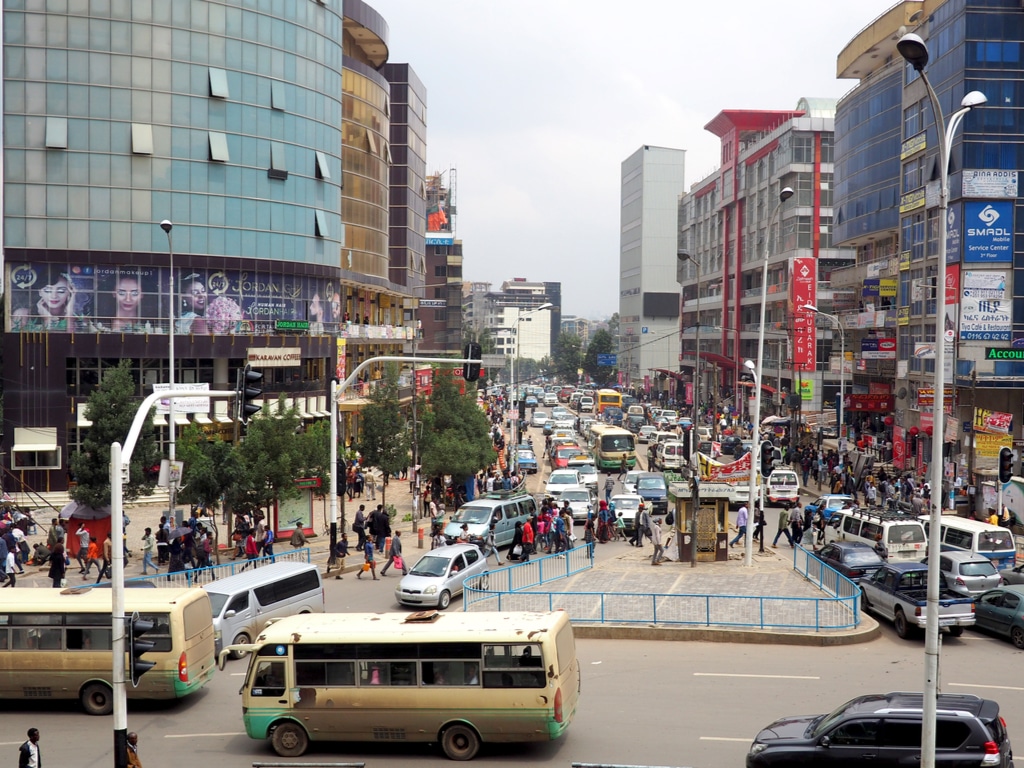The objective of the Ethiopian government’s 2050 Long Term Low Emission and Resilient Development Strategy (LT-LEDS) is to ensure the country’s economic growth is sustainable, i.e. in line with its international commitments to reduce greenhouse gas emissions. The Horn of Africa country has committed, as part of the 2015 Paris Agreements, to publish its Nationally Determined Contribution (NDC) to reduce its greenhouse gas emissions by 64% by 2030.
Addis Ababa will be supported by the Global Green Growth Institute (GGGI), an organisation that aims to promote green growth. The French Development Agency (AFD) has pledged to finance this organisation to support the Ethiopian government in the development of its 2050 LT-LEDS. According to AFD, the development of long-term strategies allows for the exploration of different decarbonization scenarios at the national level, which helps to guide shorter-term decisions, including the revised NDC targets.
AFD’s intervention
“The long-term low-carbon and resilient development strategy is therefore an opportunity for the Ethiopian government to anticipate the budgetary and financial costs of their actions and to define the policy reforms and priority investments to ensure a resilient and low-carbon future,” AFD says. The French bank is supporting the Ethiopian government’s sustainable growth plan through its 2050 Facility.
This facility aims to support the development of long-term low-carbon and climate resilient development strategies and to accompany the governance of low-carbon and resilient planning through stakeholder dialogue and capacity building actions. 30 million in the form of grants to finance studies and capacity building programs.
Ethiopia’s LT-LEDS will be implemented at a time when the country is undergoing massive industrialization. Although not a major polluter, Ethiopia, like other African countries, is highly exposed to the consequences of climate change. The country is affected by a relentless drought that is drying up rivers, affecting hydropower production. Yet the country gets 89% of its electricity from hydroelectric plants.
Jean Marie Takouleu
